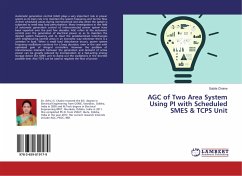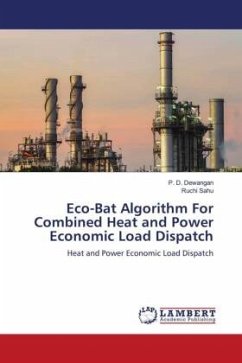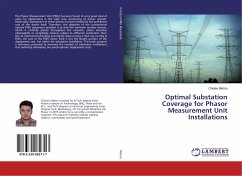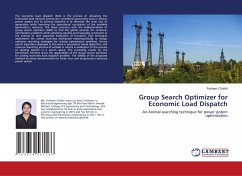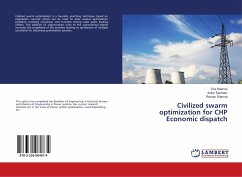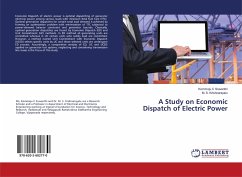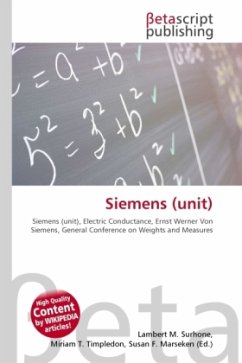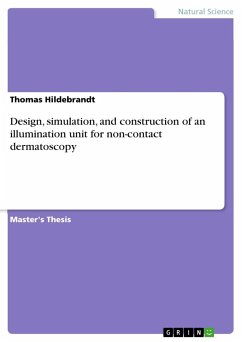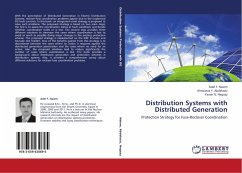
Thermal Generation Dispatch and Unit Commitment
Modeling and Optimization
Versandkostenfrei!
Versandfertig in 6-10 Tagen
36,99 €
inkl. MwSt.

PAYBACK Punkte
18 °P sammeln!
Thermal generation scheduling is considered as one of the most important power system operational planning problems. The scheduling problem consists of two main parts; the economic dispatch problem and the unit commitment problem (UCP). The former belongs to nonlinear programming problems while the later is a combinatorial optimization problem. Dynamic economic dispatch problem (DEDP) is a special type of the generation scheduling problem in which all the units are considered online during the entire scheduling horizon. In this book, Hopfield Neural Network (HNN) is applied to solve the genera...
Thermal generation scheduling is considered as one of the most important power system operational planning problems. The scheduling problem consists of two main parts; the economic dispatch problem and the unit commitment problem (UCP). The former belongs to nonlinear programming problems while the later is a combinatorial optimization problem. Dynamic economic dispatch problem (DEDP) is a special type of the generation scheduling problem in which all the units are considered online during the entire scheduling horizon. In this book, Hopfield Neural Network (HNN) is applied to solve the generation scheduling and the DEDP. A detailed study of the effect of the HNN parameters on the solution quality of EDP including transmission losses is made. The most appropriate values of the parameters are tuned. A new algorithm is proposed to eliminate the gap between the solution obtained by HNN and the actual solution. Three software packages are developed under the MATLAB® platform to solveEDP, ramp rate constrained DEDP and UCP. To demonstrate the effectiveness of the proposed algorithms and enhancements, several test systems reported in literature, with different complexities, are solved.



